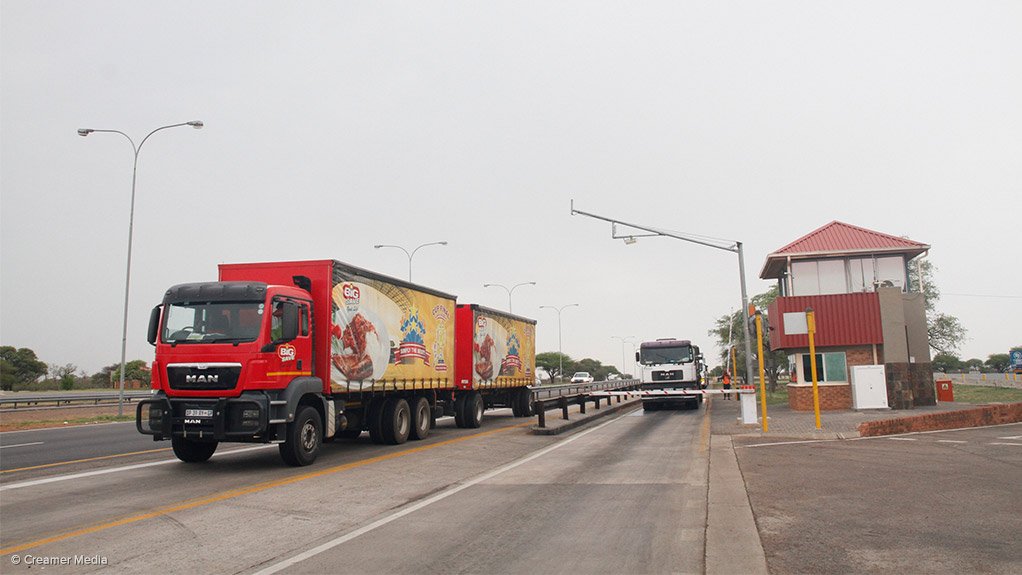Road construction and maintenance company Bakwena on Friday said it was investing R1-billion to maintain and upgrade road infrastructure along the 385 km of the N1N4 it manages as part of its concession contract with the South African National Roads Agency Limited (Sanral).
An estimated R273-million will be spent on the reconstruction of the N4 in Groot Marico, between Vaalkop and the Swartruggens boundary. The project, which was awarded in mid-2017 to G4Civils, is expected to be completed by April 2019.
To improve the driving experience for motorists and commuters, the N4 westbound carriageway between the R512 and Buffelspoort interchange will be resurfaced. The project entails overlaying the existing surface with a 40 mm thick new asphalt surface, as well as conducting base layer repairs and gravel reconstruction.
The R100-million contract was awarded to Roadmac Surfacing and is expected to be concluded in October.
A R55-million project to upgrade the R511 interchange was awarded to Raubex Construction in March. The project includes the provision of west facing ramps and is expected to be completed in February 2019.
A second carriageway on the N4 between the M17 and the R512 (Brits Interchange) started in March. The estimated construction period is 36 months at a projected cost of R582-million and the contract was awarded to Raubex Construction.
The project will include the extension of structures to accommodate the second carriageway, the realignment of interchange ramps to tie in with the new carriageway and a bridge over the Crocodile river – all aimed at vastly improving road safety and traffic capacity.
Bakwena commercial manager Liam Clarke explained that poorly maintained roads impact negatively on South African communities and the country in general. They intensify isolation, poverty, illiteracy and poor health in rural societies.
“When road infrastructure is not maintained, it can constrain mobility, significantly raising vehicle operating costs and increasing crash rates and property costs.”
Clarke added that deferred maintenance also held unintended costs. “Neglected roads become more difficult to use over time, increasing vehicle operating costs in the form of frequent repairs and higher fuel use. This often creates an unwillingness by transport operators to use the roads.
“It also places an additional burden on the economy, as passenger and freight services are curtailed, there is a consequent loss of economic and social development opportunities, not only in areas directly affected, but in the rest of the country and across our borders.”
Sanral estimates that repair costs are six times greater after three years of neglect and 18 times greater after five years of neglect. “Regular upgrades and maintenance can, therefore, save the country millions of rands in the long term,” said Clarke.
“Road improvements bring immediate benefits to road users when completed. Roads are among the most important public assets in many countries, providing improved access to hospitals, schools and markets as well as improved comfort, costs and safety. We urge motorists to exercise patience and drive safely while the construction is being undertaken,” he noted.
Edited by: Chanel de Bruyn
Creamer Media Senior Deputy Editor Online
EMAIL THIS ARTICLE SAVE THIS ARTICLE
ARTICLE ENQUIRY
To subscribe email subscriptions@creamermedia.co.za or click here
To advertise email advertising@creamermedia.co.za or click here













